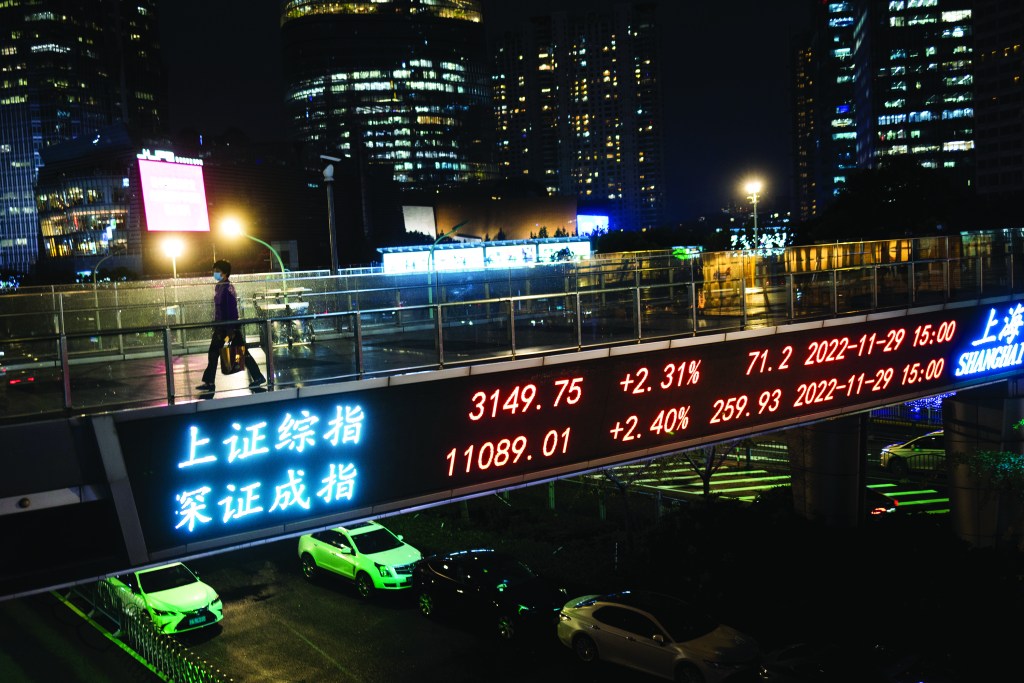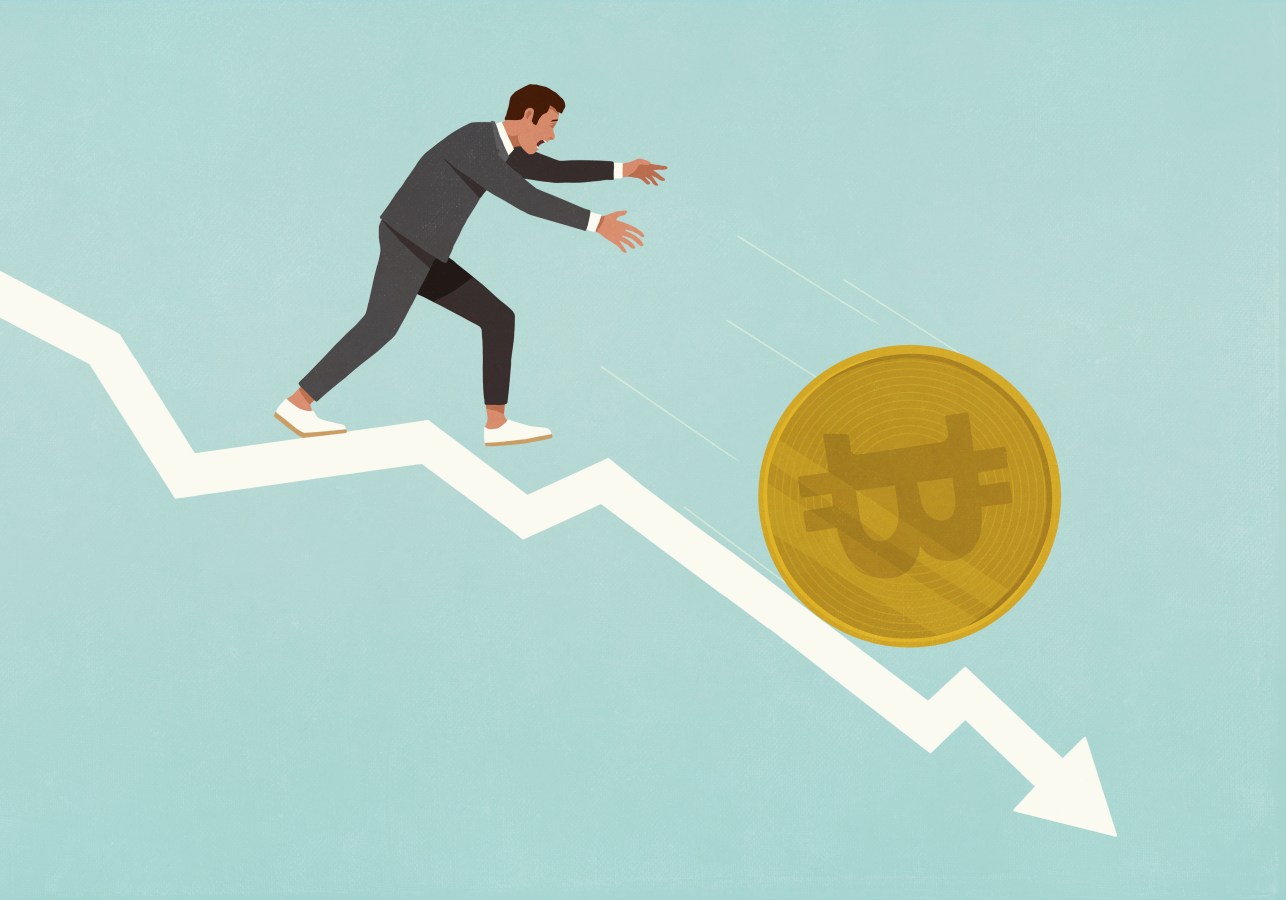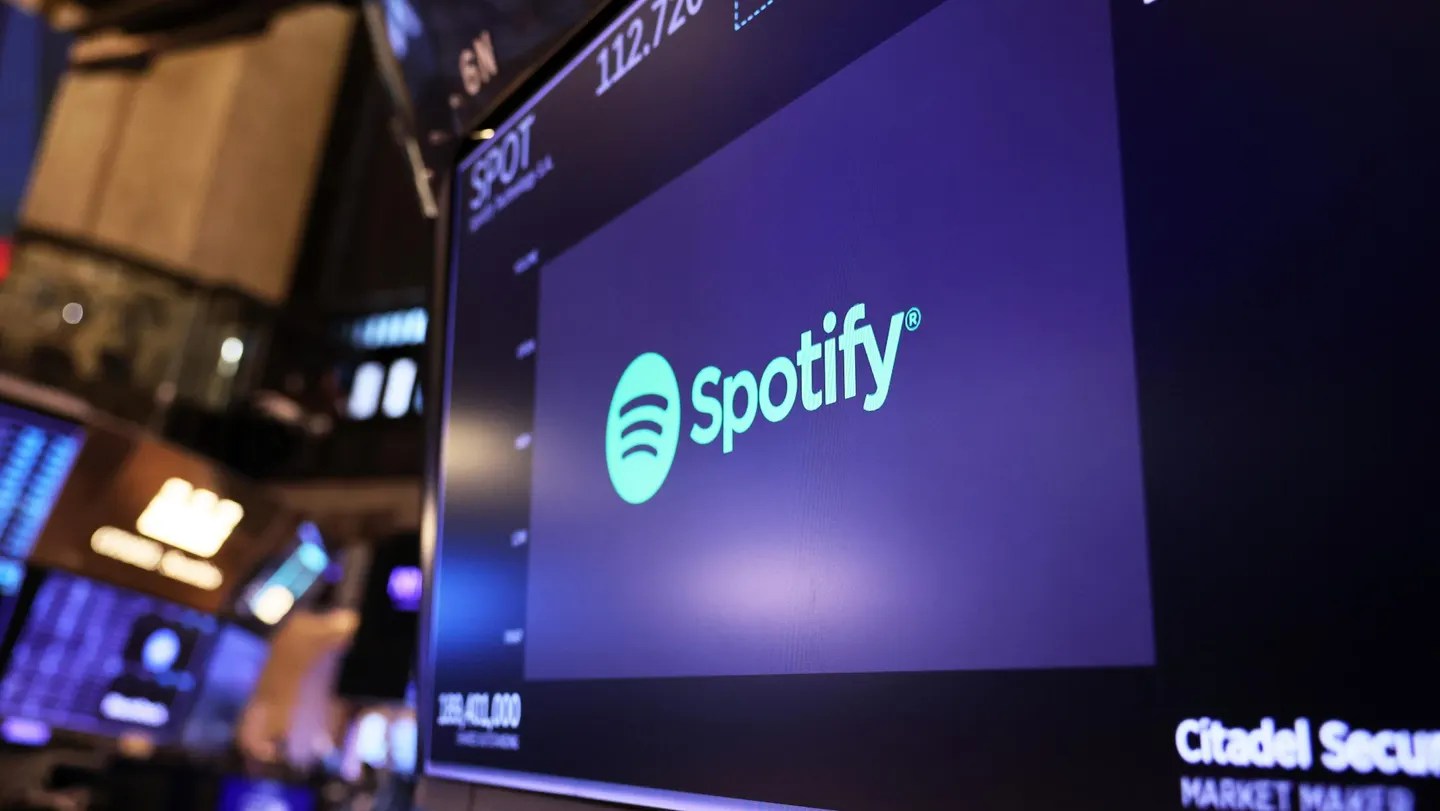In an exclusive interview with Forbes Australia, Platinum Asset Management co-founder, co-chief investment officer and CEO Andrew Clifford reveals his thoughts on this year’s investment landscape.
The next issue of Forbes Australia magazine is out this Thursday. Tap here to secure your copy.

Andrew Clifford has made his name as one of Australia’s premier fund managers – co-founder, co-chief investment officer and CEO of Platinum Asset Management which has around $18 billion of assets under management. Forbes Australia managing editor Stewart Hawkins spoke to him in Sydney, where he offered his insights on the opportunities and pitfalls of investing in 2023.
In this rapidly changing world, what are the new fundamentals? What’s concerning you in 2023?
The obvious thing that’s changed is interest rates. And I think that for 20, even 30 years, we’ve been in an environment of falling rates, and that has been this huge tailwind for investors, ever-increasing valuations. I just think this is over. I suspect they’ll peak earlier than we are talking about. But the real question is, where do they then go after that? So, I think it will be harder work in all asset classes to make money from here on.
What are you actively avoiding?
We’ve just had one of the great speculative bull markets in financial history. There have been many of them, but it was a pretty good one, particularly in the high-growth and tech stocks. The whole range of high-growth areas… got bid up very highly. After that, you’ve got to be really careful about returning to yesterday’s heroes.
Obviously, many of them have fallen very hard, and some are down 85, 90%, but some of the bigger, more well-known names, your so-called FANGS, are down less than that. But two things happened here, which was very much the case in 2000 and 2001 in that tech wreck because people will look back and say, “Oh, that was the great opportunity to buy Amazon.” Like, “Yes, it was.”
But I can assure you it was not a great opportunity to buy [some others]. You’re going to have, I think, two patterns here with the stocks that have been much loved. A huge number of them will turn out to have been sort of false stories, business models that aren’t going to work, and running endless losses to build a software business is not always going to work out for you. I think then there’s the other group where there are genuinely interesting businesses that have been built.
Still, what psychology tells you, investor psychology tells you, is that we’re all going to be very reluctant to let go of that great story about whatever it is… and the stories are inevitably never as good as the excitement at the very top.
What are the opportunities?
China! Which has been in a challenging economic environment. There are lots of different elements to the China story and why people are wary of it. But there are two key things from an economic point of view. One is the downturn in the property sector, which was not a property bubble that burst but was the result of regulations put in by the government to try and control the property sector. So they certainly crashed it. And with many highly levered developers, we’ve had quite a mess, many developments not getting completed and so on. But we are very clear that’s not an overbuilt market.

You’re saying that was a deliberate government crash?
Well, it was bad policy. I don’t think they wanted to crash it. They tried to calm it down, and they crashed it. Very clearly, there’s… room… available now for the property developers to complete developments, not particularly to start new ones. The other part of the China story is obviously COVID and the lockdowns. They’ve obviously had a two-year delay on what the rest of us faced, but they were much more aggressive in the lockdowns and also in not stimulating the economy while it was locked down. So we’ve had a full-on recession there if you want to use that term. [But] we already see mobility in the country is picking up to normal levels, and the economy will recover. And it’s fascinating because there’s so much focus on the US and slowdown there, but this economy is [a] very large economy globally, and it wasn’t the last time the US got into trouble
Can we talk about geopolitical risk? What might the effect be on global markets?
It’s sort of a false concept to talk about the Chinese economy, the US economy, and the Australian economy. There’s just one global marketplace. We are totally dependent on one another, or interdependent if you like… The Chinese position has never changed on Taiwan. The likelihood that they’ll invade is incredibly low, and that, by the way, is not my assessment. What would I know? But that’s the US government’s assessment that it is of almost no possibility in the next five years. But… by focusing on those extreme risks, investors miss out on the more refined problems or refined risks that are in there.
Take the semiconductor industry. That’s clearly a way the US is trying to restrain China. Well, the outcomes for a whole lot of Western companies are very poor who supply equipment to them. On the Chinese side, I’d be very wary of investing in Chinese companies that are clearly government controlled. They’re the ones that are getting sanctioned. The most painful thing out of this for investors, global investors, is that sanctions get put on [a] company, and you are a forced seller in a specific timeframe.
You’ve been around long enough, obviously, to see plenty of economic cycles. What are your thoughts on the current situation, and how dangerous is it to growth?
The environment is looking a bit clearer than it was six months ago. The US is pretty much on a slowing trend. There’s always a lot of excitement about whether there will be a recession. I think that’s just an academic question. From an investment point of view, it’s irrelevant whether, technically, there’s a recession. But all the indicators tell you that the economy is slowing. I think what is potentially out there, and the great unknown is… the increase in interest rates… and it’s always not just about the level of rates, but the availability of financing, which is clearly very tight. Are there going to be any financial accidents? Now obviously, there’ve been some financial accidents; we’ve had the crypto exchanges blow up, but they seem to have been able to do that without any broader economic repercussions so far. A bunch of people lost a lot of money, but… for everyone who lost that money, someone made it out there. It hasn’t impacted [the] working of the economy.
The area that worries me, and it’s because there’s so little transparency, has been the popularity of unlisted investments. So private equity, venture capital, unlisted property trusts, unlisted infrastructure that around the world, when we talk to investors, whether they’re big pension funds, super funds, family offices, people have absolutely fallen in love with this sector. And it’s a very odd psychological thing because they see it as all about the lack of volatility in returns without really recognizing that is actually never known until you realize these assets. When we look at history, it’s very unlikely to be precisely the same problem as last time. I would think in US housing, for example, that is already [in] a massive recession driven by a huge increase in mortgage rates, which have gone up a lot more than the bond rate. But no sign of particular stress there.
I think the broad lesson is that after you’ve had this long period of easy money and people drop their standards in terms of the risk, the likelihood of an accident is large. And so it just means that I think while these periods are certainly bringing on great opportunities… I mean, you wanted to be buying equities in 2009 like there was no tomorrow, but you needed to have some cash to actually do it in the first place… And I think that’s where we are today… There are lots of assets trading at very attractive levels but weren’t part of the bull market. They’ve been struggling for two, three, five years or more. But I don’t see a great opportunity in really simple things to buy yet. I think the lesson is to be patient these sorts of opportunities will come.
Featured
What are the most promising sectors to start mining and why?
I think this energy transition that we will be going through will be a very long process and will include very substantial spending. There’s a vast array of companies that are going to benefit from this. So now, people’s thinking tends to be, “buy a solar panel maker, buy a wind farm”. These are obvious ones… but you need to find things that are a bit differentiated… So, for example, in semiconductors, power semiconductors are a critical component in pretty much all of these areas, whether it’s in renewable energy themselves or charging stations, electric vehicles and so on.
There’s been a lot of tech talk, but a new kind of tech is coming through the Web3, AI and the Metaverse. Do you see value or potential in that sector?
I think in all of these stories, there’s always a truth in there, and they shouldn’t be ignored. But it’s almost invariably the case that when the great news story is being sold that it’s a 7, 10, 12-year reality, or until it’s a reality in any kind of mainstream or profitable way, it’s years off. And unless you’re going to take a speculative run at it when all the talking about it’s happening, some people will trade that very nicely, but that is a trade which clearly now is dead in most of those areas.
“From an investment point of view, it’s irrelevant whether, technically, there’s a recession.”
Andrew Clifford
But I think there will be a reality underlying all of those things. What we will do is spend a lot of time talking about all of these new areas. Have we got an investment? No, not really. I think you want to stay on top of all of them, but for right now, it’s probably more fluff than reality.
Can things that change the world come from left field?
Yes, they can. I think the thing from an investment point of view, this is a bit of a truism for us. The most interesting opportunities are the things that no one’s talking about or even actively avoiding. So, while everyone’s talking about the Metaverse, it’s probably not going to be that interesting. It’s when they’ve all given up on it, and the product is starting to refine, and there’s something valuable there, then you can start thinking about it again. But while it’s keeping people’s attention, the odds are it’s probably not a great investment.
Broadly what advice would you give investors this year? What do we do this year to establish a long-term plan?
You can’t run for the hills, and there’s nowhere to hide. It may be a very difficult year in markets, but that’s the opportunity. If you start with at least a mentality of looking for those opportunities, large parts of the market have already been in a bear market. We talked about China; it is so out of favour… it’s had an economic downturn, and there’s the political [situation]. It tells you that you’ll likely be getting very, very good prices when buying there. But there’s a whole part of the world that was not caught up in the bull market.
Anything that had any kind of cyclicality, autos or semiconductors are all deeply out of favour with investors and trade at really interesting prices. Europe is in a mess, but the world’s second-biggest economy, I think, will be doing incredibly well. It’s not all bad news out there. And China is an important market for a whole range of companies listed everywhere in the world. And clearly, it’s an important market for Australia.
This is an edited extract of the conversation.
Look back on the week that was with hand-picked articles from Australia and around the world. Sign up to the Forbes Australia newsletter here.






